Making menopause ‘business as usual’
It affects 50 per cent of the population and can cause debilitating symptoms for decades, but the menopause is barely spoken about. Until now. Sharon MacArthur - aka Miss Menopause - is on a mission to make it part of every workplace – and it seems this rebel with a cause has momentum on her side.
Interview by Alison Cowie
Photographs by Christopher Owens
Sharon MacArthur has always been a rebel at heart. She left school at 15 after being threatened with expulsion for her choice of hairstyle – a red-and-white Mohican – and forty years later, as a menopause awareness trainer, her “say it as it is” attitude can still, occasionally, ruffle feathers.
She says: “A while ago, I was speaking to a woman on the phone about doing some training at the company where she worked. I was describing what I did and said to begin, I would break the audience into smaller groups and ask them to come up with as many words as they could for vagina’.
“The phone went deafly silent and then the voice said, ‘you can’t say that. We’re actuaries. We’re professionals’.”
Despite Sharon explaining that this was the perfect ice breaker to engage people and that adults needed to get much more comfortable talking about such things, the menopause expert – who has appeared on BBC Breakfast, ITV News, and Radio Newcastle – was not invited to conduct her masterclasses at the company.
But despite the odd rejection, for the past seven years, Sharon – aka Miss Menopause - has worked with numerous private and public sector organisations, including Starbucks, KFC, OVO, the NHS, Northumbria Police and countless local authorities, to deliver her much-lauded menopause awareness training and education for all.
“The phone went deafly silent and then the voice said, ‘you can’t say that. We’re actuaries.We’re professionals’.”
The road to becoming a mouthpiece for something that affects 100 per cent of reproducing cis women, however, has had many twists and turns, as she tells me sitting in Signature Lounge and Wine Bar in her home town of Whitley Bay.
After leaving school at 15, Sharon spent the next 30 years working, initially as a hairdresser before moving into sales.
Her sales career began at a firm conveniently located above legendary rock venue, The Mayfair Ballroom, where Sharon spent much of her twenties dancing the night away.
“It was a time when I could be out until 4am, have no sleep and still get to work for 9am.”
Sharon’s next move was to a FTSE 100 company where she was to spend the next 14 years responsible for millions of pounds worth of revenue.
When she was unexpectedly made redundant from this company, the experience left a bitter taste and Sharon soon realised that working non-stop for three decades had taken a toll.
The 45-year-old announced to her other half that she intended to take a year off.
“Much to his disgust,” Sharon remembers with a smile.
The former senior sales manager - originally from Cramlington - describes spending the next 12 months “on the sofa or ‘plodging’ in the sea”, while deciding her next career move.
Sharon went for a job interview in Leeds where she was asked to take a psychometric test. She and the company were baffled when the results said Sharon was ‘too happy’.
“The company actually questioned why the test was saying I was too happy,” she remembers. “I didn’t know what to reply. Did they not want a happy person working for them? I thought, ‘this is a load of shit.’”
At another interview, Sharon dared to ask about the leadership culture.
“It was really important to me but it was as if a tumbleweed blew across the room.
“I thought, ‘I’m never going to find somewhere where I can be ‘me’.”
An acquaintance then asked Sharon if she would do some management coaching at their company. It wasn’t something she’d considered before, despite having completed a part-time postgraduate degree in leadership coaching a few years previously.
“I didn’t know if I’d be any good at it or even if I’d like it, so I said I’d do the training for free as long as I got honest feedback about how it went.”
The experiment proved a success, and Sharon spent the next few years delivering leadership training, mainly to women in senior roles, under her brand name, Red Handbag.
“I was horrified! I was in my 40s. I thought how dare she suggest that. At the time, if you’d asked me to describe a woman going through the menopause, I would have said, ‘someone in her 80s, who hadn’t worked for 20 years, and probably had a mobility aid or two’.”
But at 47, Sharon began experiencing symptoms she couldn’t explain.
“I started to get all these weird, wonderful and wacky things happen to me,” she describes. “I became anxious for no reason despite nothing untoward happening at work and everything being fine in my personal life.
“Then I started getting exhausted. It was more than just getting tired. I'd be fine one minute and then it felt like somebody had pulled the plug out. I’d hit a wall and have to go for a nana nap in the afternoons. I could do that because I was self-employed.
“Then I’d wake up in the middle of the night, really hot. Up until that point, I could sleep through a hurricane, and I was permanently freezing.”
While describing the torrid time she was having over a coffee, a friend asked if it could be the onset of the menopause.
“I was horrified! I was in my 40s. I thought how dare she suggest that. At the time, if you’d asked me to describe a woman going through the menopause, I would have said, ‘someone in her 80s, who hadn’t worked for 20 years, and probably had a mobility aid or two’.”
But then Sharon started doing some research and found that the average age of menopause in the UK is 51, with women experiencing onset symptoms – known as the perimenopause – years earlier in their 40s.
Sharon continued researching as she sought medical and alternative solutions to overcome her symptoms. She eventually succeeded after 18 months to find the right combination of HRT (hormone replacement therapy) that gave her some respite.
Two catalysts were to give Sharon the impetus to move her research from her personal to her professional life.
“Firstly, I did a mental health first aid course and the last half day was all about schizophrenia. I asked the facilitator what percentage of the population had the condition. They said, probably about one per cent. Of course, that’s still a canny few humans but I said I’d been doing research on the menopause and my understanding was it affected 100 per cent of reproducing women, and that the biggest symptom reported was anxiety. I asked when we were going to talk about that and she said ‘oh no, we don’t talk about that!’
Sharon continues: “The second thing was I joined something called the British Menopause Society and attended an event in Newcastle with around 60 doctors and medical professionals. I was shocked by the lack of knowledge and some of the misdiagnoses I heard about that day. I thought, this has got to stop.”
Despite Sharon sharing her idea of conducting awareness training to businesses under the guise of Miss Menopause with a female mentor who replied, “Why would anyone want to do that? No one wants to talk about the menopause?”, the leadership trainer persisted and began contacting companies offering her two-hour menopause masterclasses and bite-size learning.
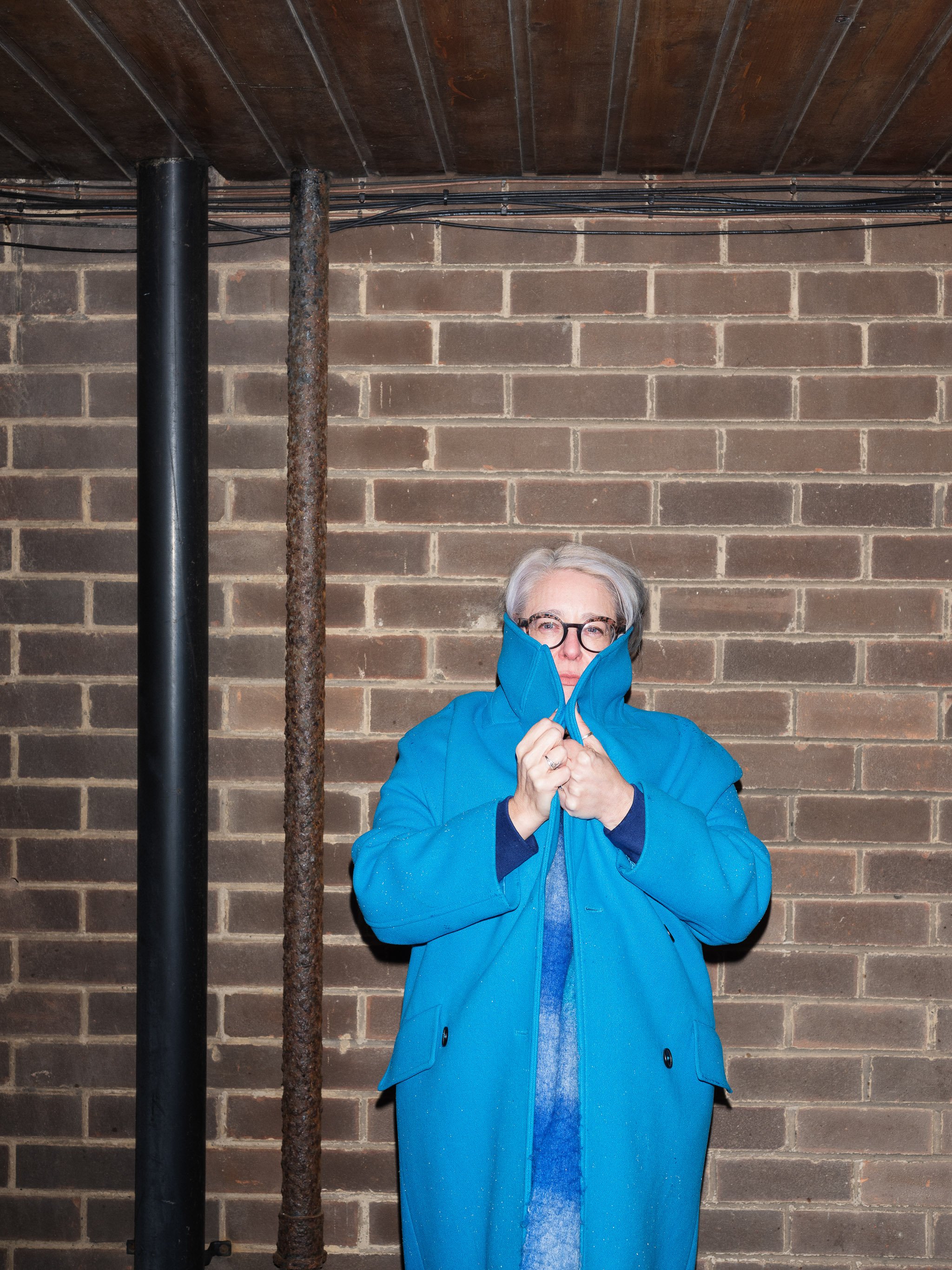
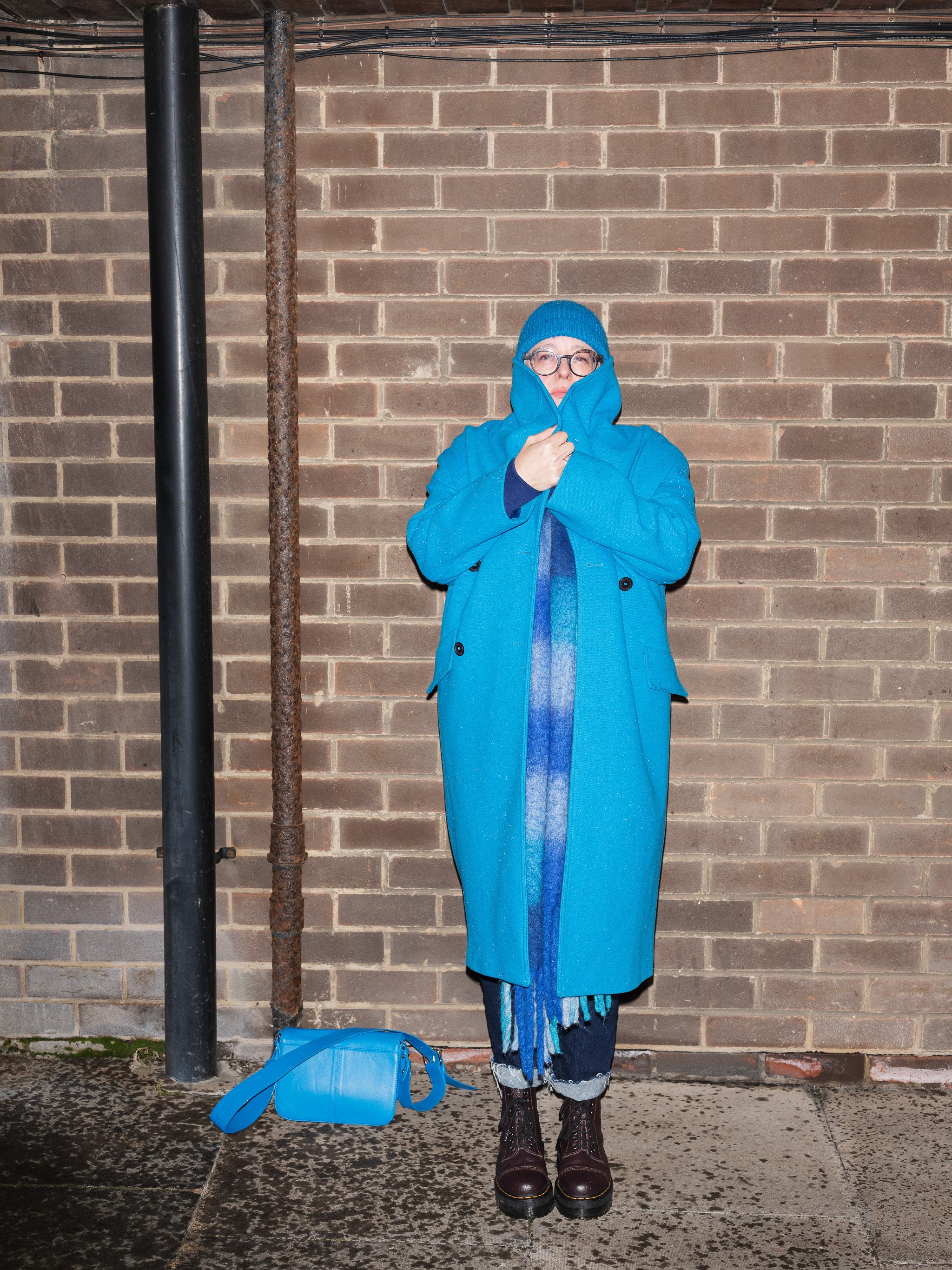
While Sharon admits the initial response was slow, she soon began to be recruited by HR managers at various companies and organisations.
Miss Menopause describes her sessions, in part, as being the adult equivalent of the “girl chat” at school when you’re told about periods.
“Usually, the boys are ushered out to play football or something, and the girls go into the assembly hall where they’re told they’re going to bleed every month for 40 years, and
shown the things you have to use.
“You’re horrified but at least you’re told what’s going to happen. There’s nothing similar for women to tell them about the menopause. As a result, they don’t have a clue what’s happening to them, let alone the people around them.”
To rectify this, Sharon says businesses need to step in to educate employees about what the menopause is, its direct and indirect impacts, and provide practical advice and support. This is where Miss Menopause can help.
However, Miss Menopause’s training is not just for ‘women of a certain age’, and Sharon proudly delivers her masterclasses and bite-size learning to all genders and all ages, working in every sector imaginable.
As way of example, Sharon reveals she’s currently delivering a series of sessions at a male-dominated tier one automotive supplier, following a chance encounter.
“I did a test event at the University of Sunderland and unbeknown to me, the head of this supplier came along. Afterwards he said it had been the best training he’d ever attended. He said he was president of a company that was dominated by men but he knew they were going to have to become more diverse in the future. Not only that, he was married and the menopause was something he’d never thought about.
“He said, ‘you’ve got to come and talk to my employees?”
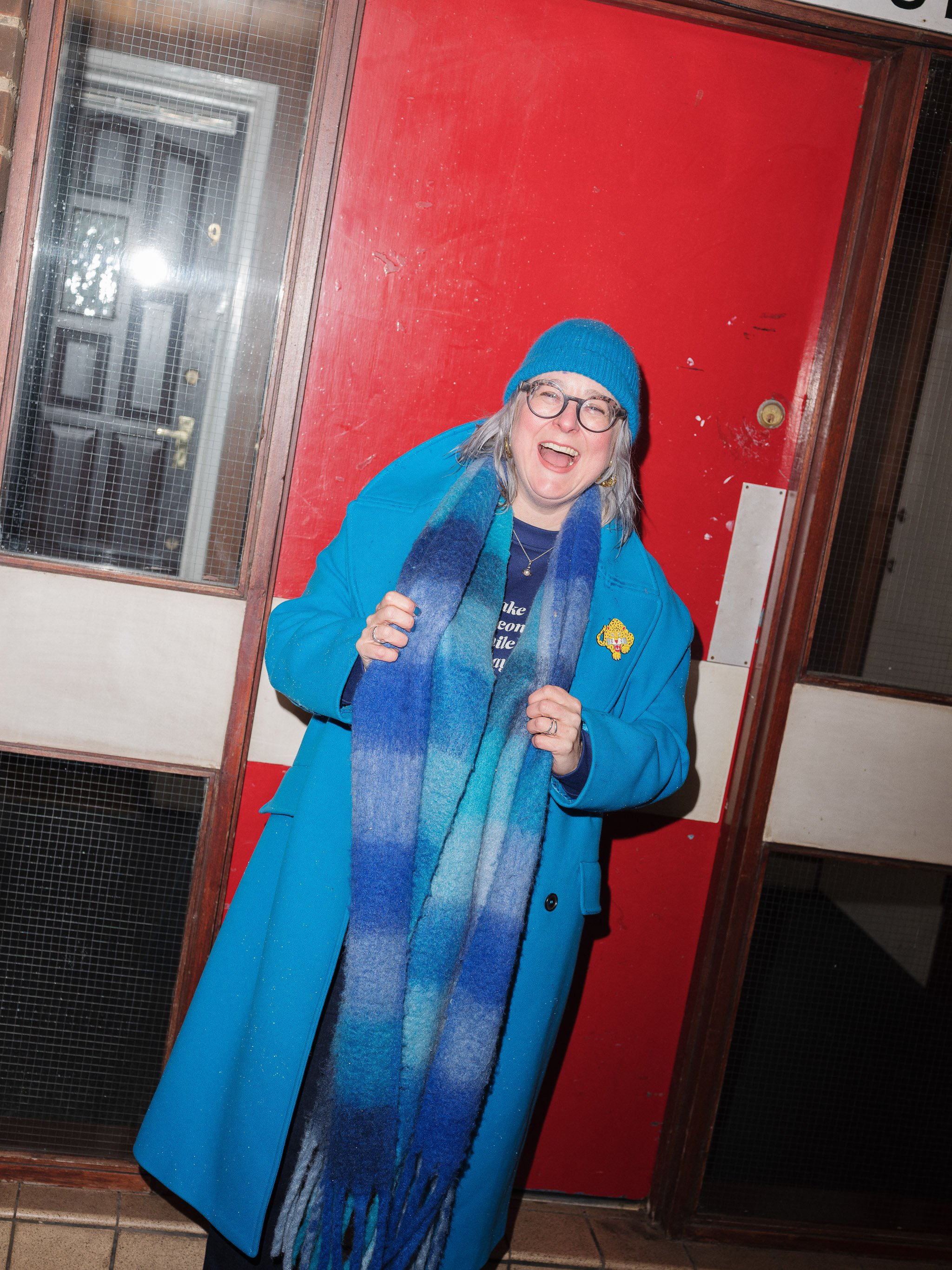
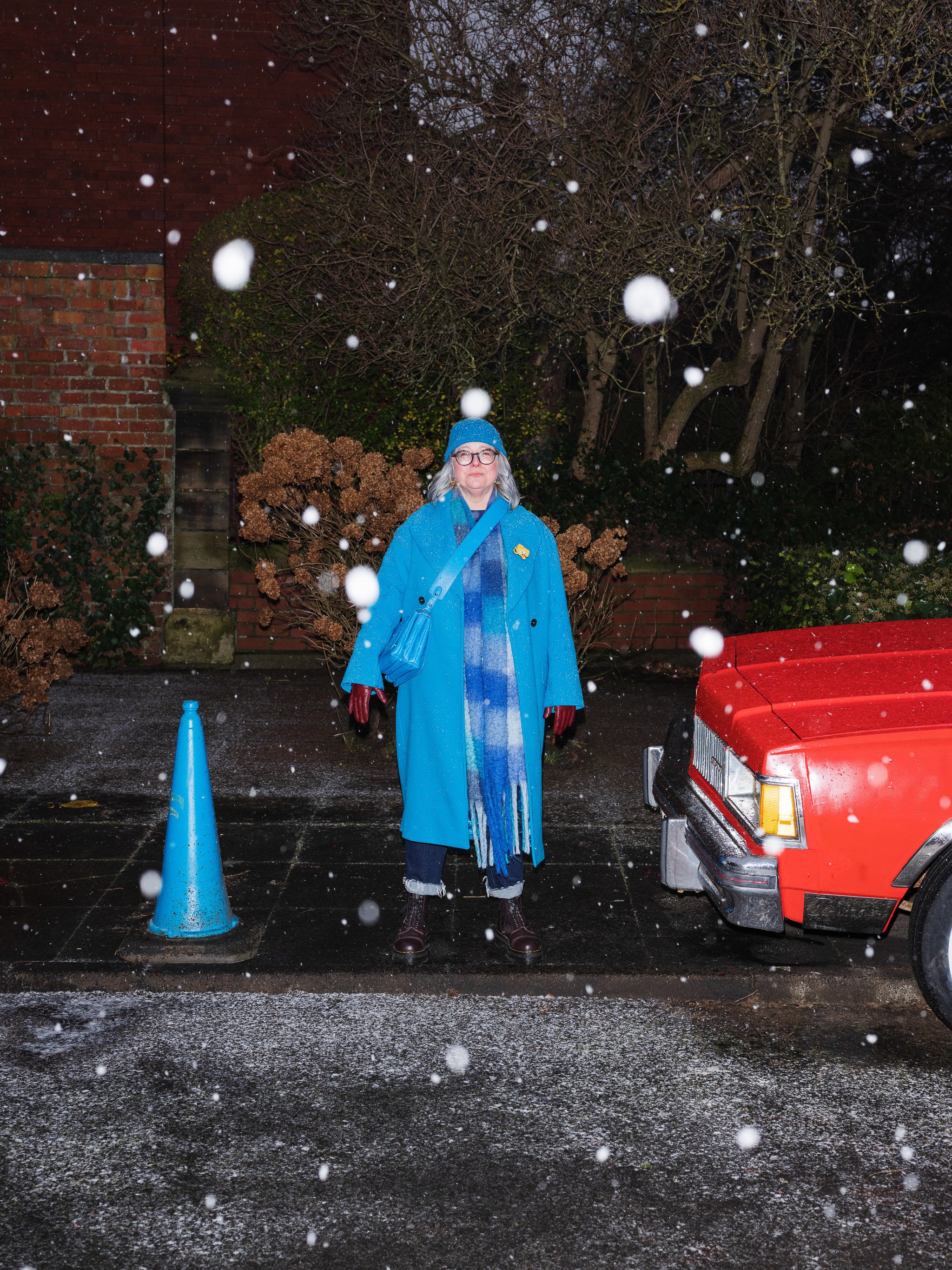
Miss Menopause’s formidable style means her training is fun and engaging, kicking off with the cheeky icebreaker that helps remove barriers and gets “laughs out” from the outset.
“I don’t ask for the actual names the groups come up with for vagina, just the number they’ve got,” Sharon explains. “The current record is 24 at a company in Peterborough.
“They obviously know a lot of words for vagina in Peterborough!”
Once Sharon has explained what the menopause is and the impact it can have - directly or indirectly - she then shares simple and practical advice on how to support those going through the menopause, which can span many years.
“On average, symptoms can last for five to seven years but 10 years is not uncommon,” she explains. “Menopause is also the gift that keeps on giving and it’s not linear. Things can change at any time so I’ve met women in their 60s, 70s, 80s and 90s experiencing symptoms.”
Sharon’s ultimate aim with her training is to make the menopause ’business as usual’ in every office, factory and workplace.
Controversially, she rejects common business actions such as holding dedicated days or events, writing policies or appointing ambassadors or champions to deal with the menopause.
“These things just build unnecessary complexity,” she says.
“For instance, you’ll get companies announcing ‘2023 is going to be The Year of The Menopause’, but what happens in 2024? It’s forgotten about.
“Similarly, people groan when they’re given yet another policy to deal with. Or making a menopause champion makes it exclusive.
“The menopause needs to be inclusive and made part of the fabric of all businesses.”
Sharon maintains the best way to deal with the menopause in the workplace is all about hiring the right managers - as she isn’t afraid to tell businesses this.
“A good manager should be someone who anyone can speak to about anything. No one should be afraid to talk to their manager. And managers should be interested in the people they work with so that they can recognise if something is wrong.
“If they’re not that, the business has hired the wrong person.”
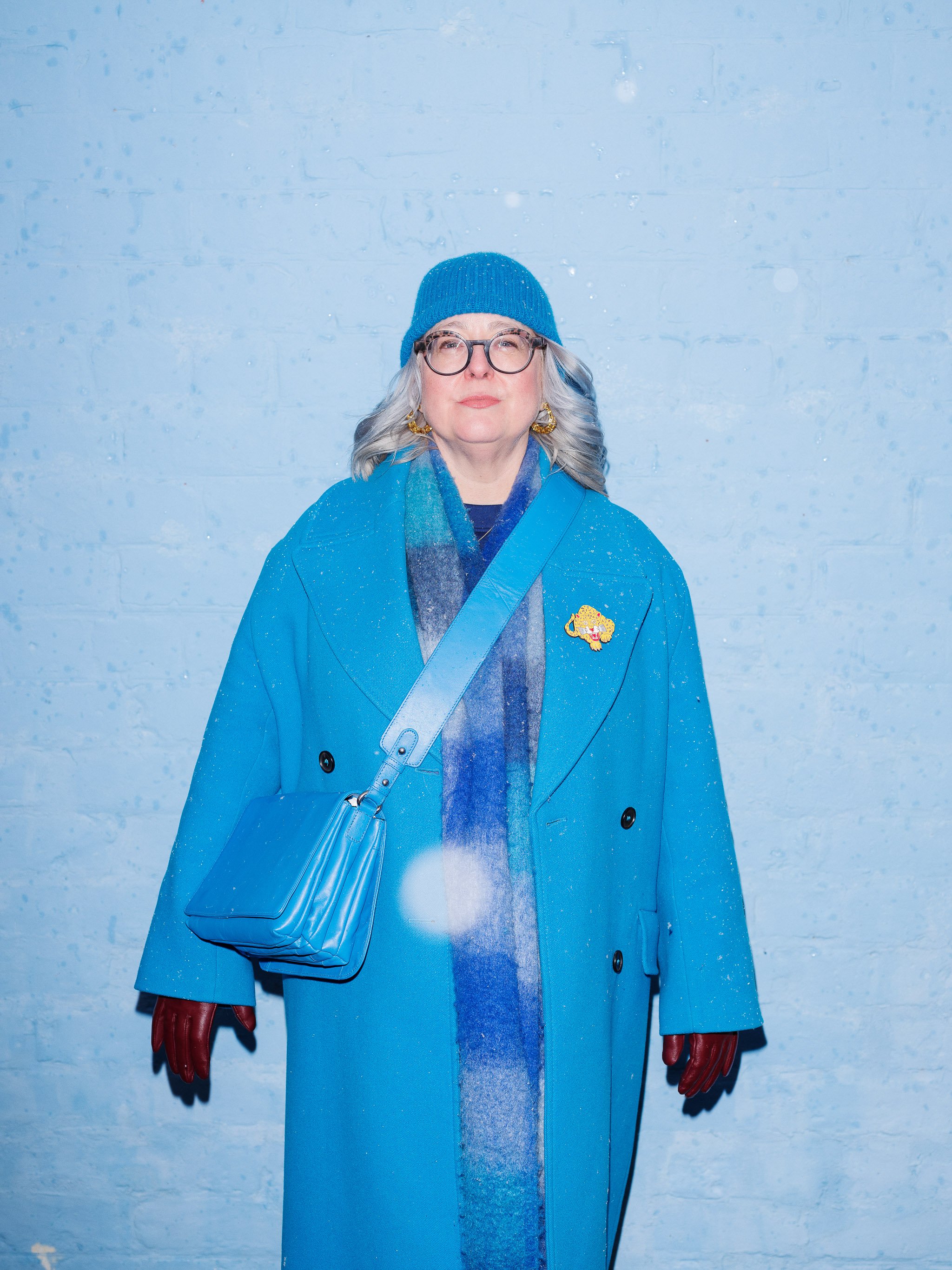
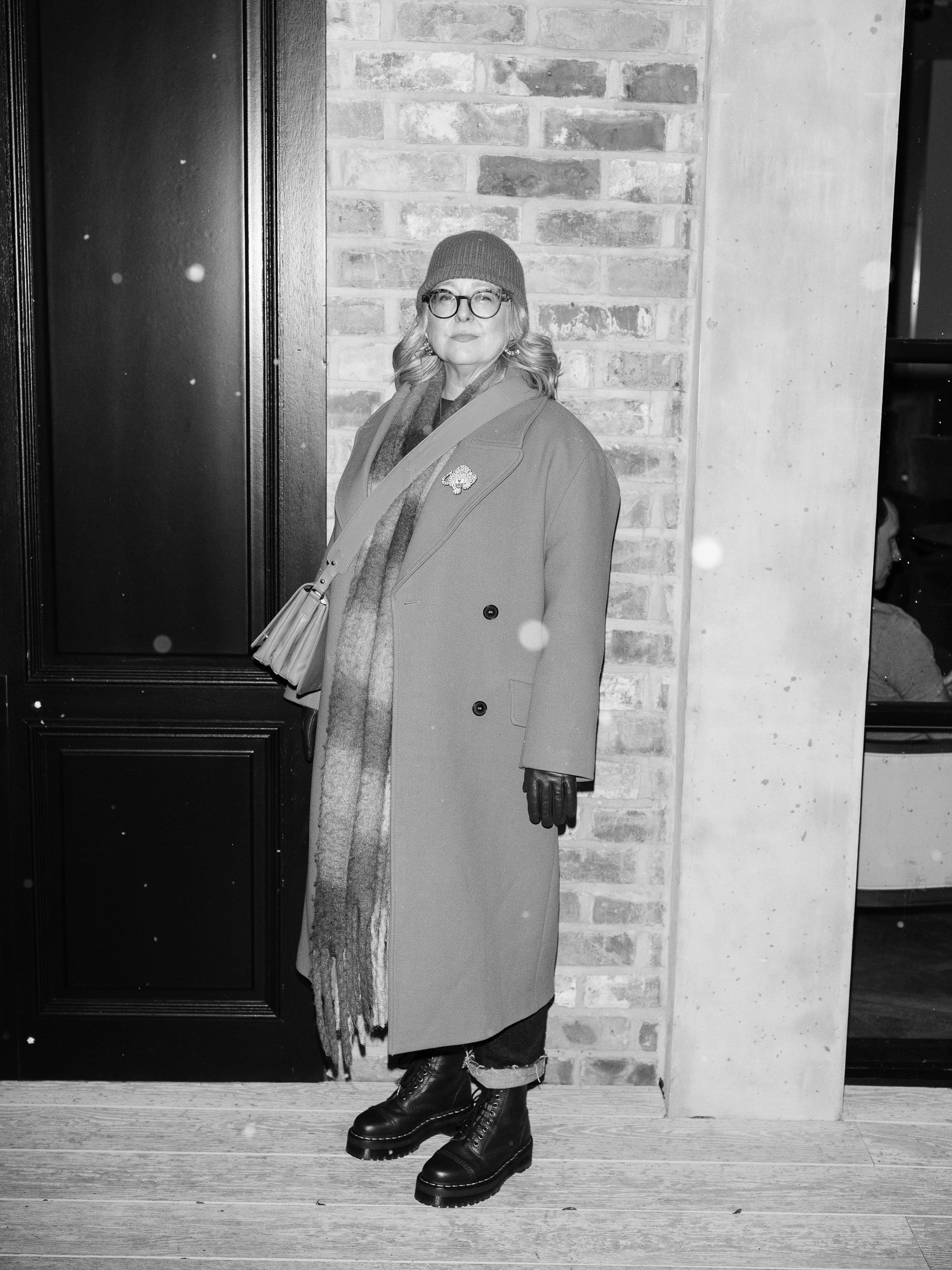
“If you’re a reproducing woman, you can’t avoid the menopause so one of my mantras is menopause is there to be managed, not endured. You don't get a prize for doing nothing.
You’ve got to manage your symptoms. But there's no point in asking your Aunt Joan or best friend Louise because everyone is different.”
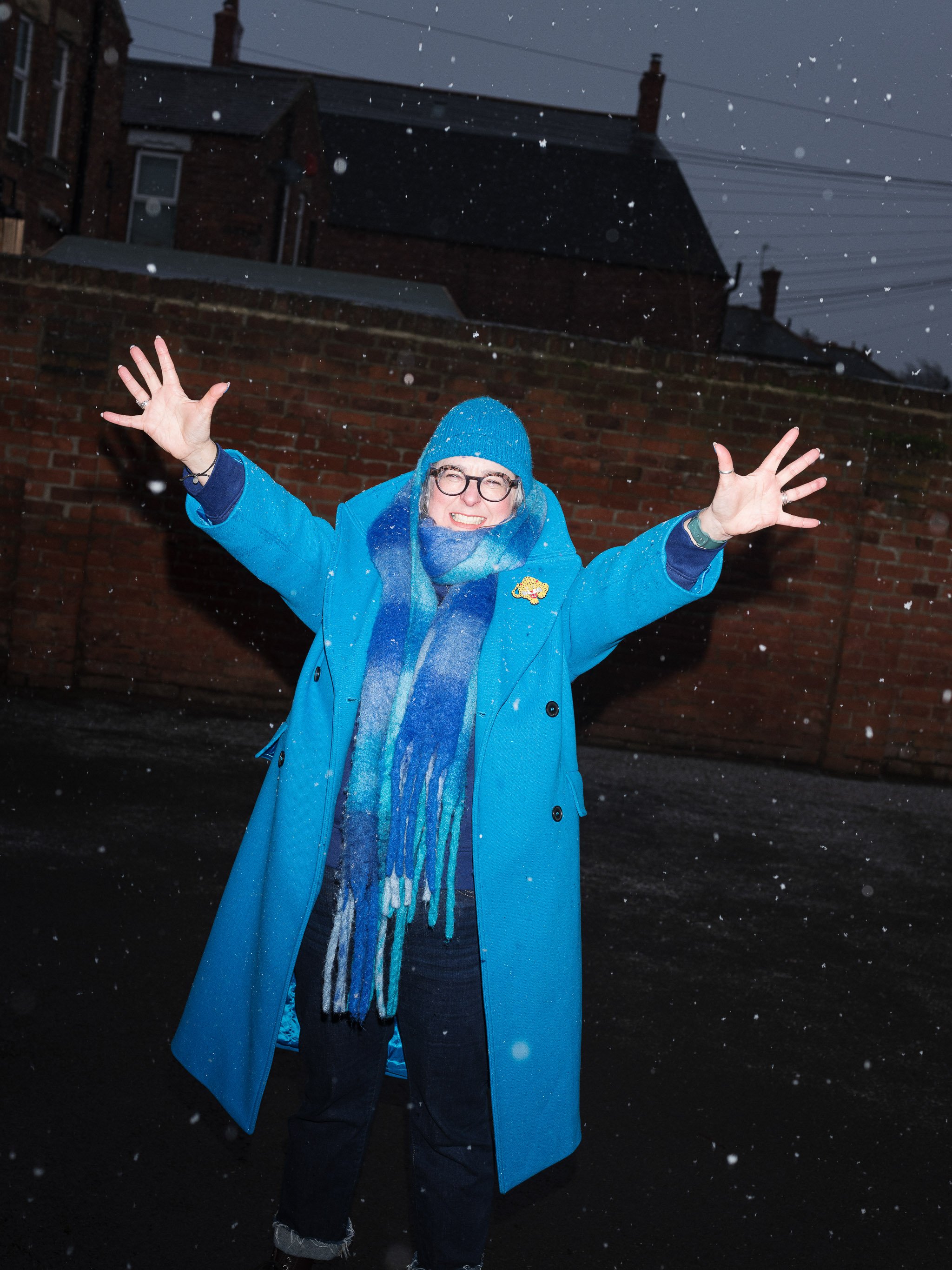
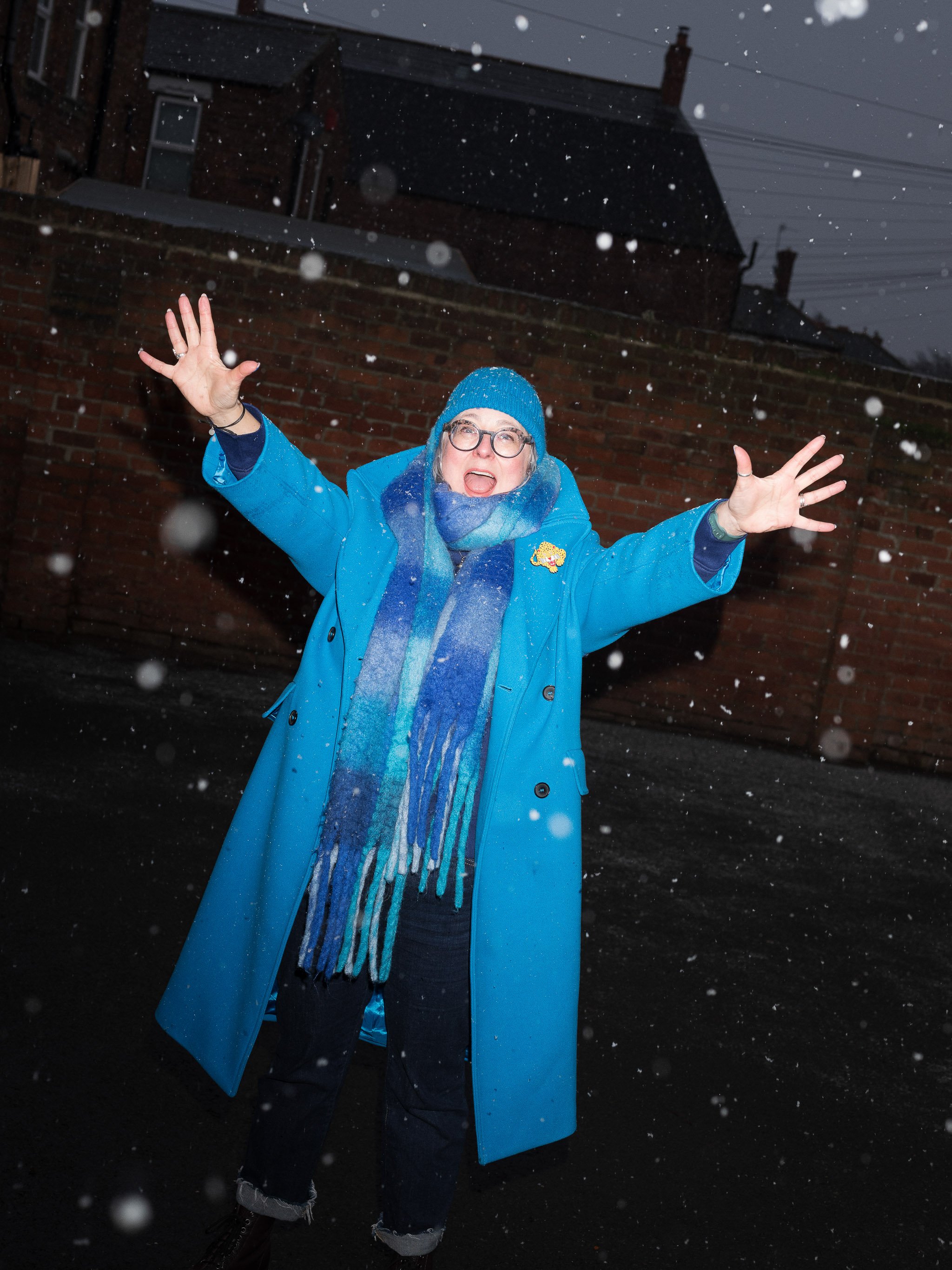
While the menopause has been hidden for decades, it’s getting more attention of late thanks partly to celebrities such as Davina McCall speaking about it publicly. The presenter’s book, Menopausing, became The Sunday Times’ bestselling self-help book in 2022.
The recent disclosure of missing person Nicola Bulley’s struggles with menopause symptoms at 46 years old - although heavily criticised – also highlighted how symptoms can affect women from a young age.
But until the menopause becomes ‘business as usual’ in all aspects of life, Sharon will continue to work with companies and organisations, and champion more openness and awareness around the subject.
Her essential advice for women experiencing menopausal symptoms is simple: do something.
“If you’re a reproducing woman, you can’t avoid the menopause so one of my mantras is menopause is there to be managed, not endured. You don't get a prize for doing nothing.
“You’ve got to manage your symptoms. But there's no point in asking your Aunt Joan or best friend Louise because everyone is different.
“Personally, HRT – which used to be the ‘Big Bad Wolf’ but is now much more acceptable - took my symptoms away. But it took a year and a half to get the right combination.
“Before that, I’d tried loads of things, including herbal remedies. They didn’t help me but I’ve met plenty of women for whom they did.
“As I say in my sessions, if it helps to hang crystals off your nipples, do it. You’ve got to find what works for you.”
And with that typically unvarnished advice, my interview with Miss Menopause ends, and off she goes to continue her mission, stomping to the rhythm of her own drum in her punky Dr. Martens.
As someone in the shallow waters of their forties, my interaction with Miss Menopause leaves me with several questions. Why has the menopause and how it will affect me never crossed my mind until now? Why, if it affects every reproducing cis woman, isn’t training and awareness already happening in every workplace? And why, oh why, can I only think of five slang words for vagina?
Learn more



